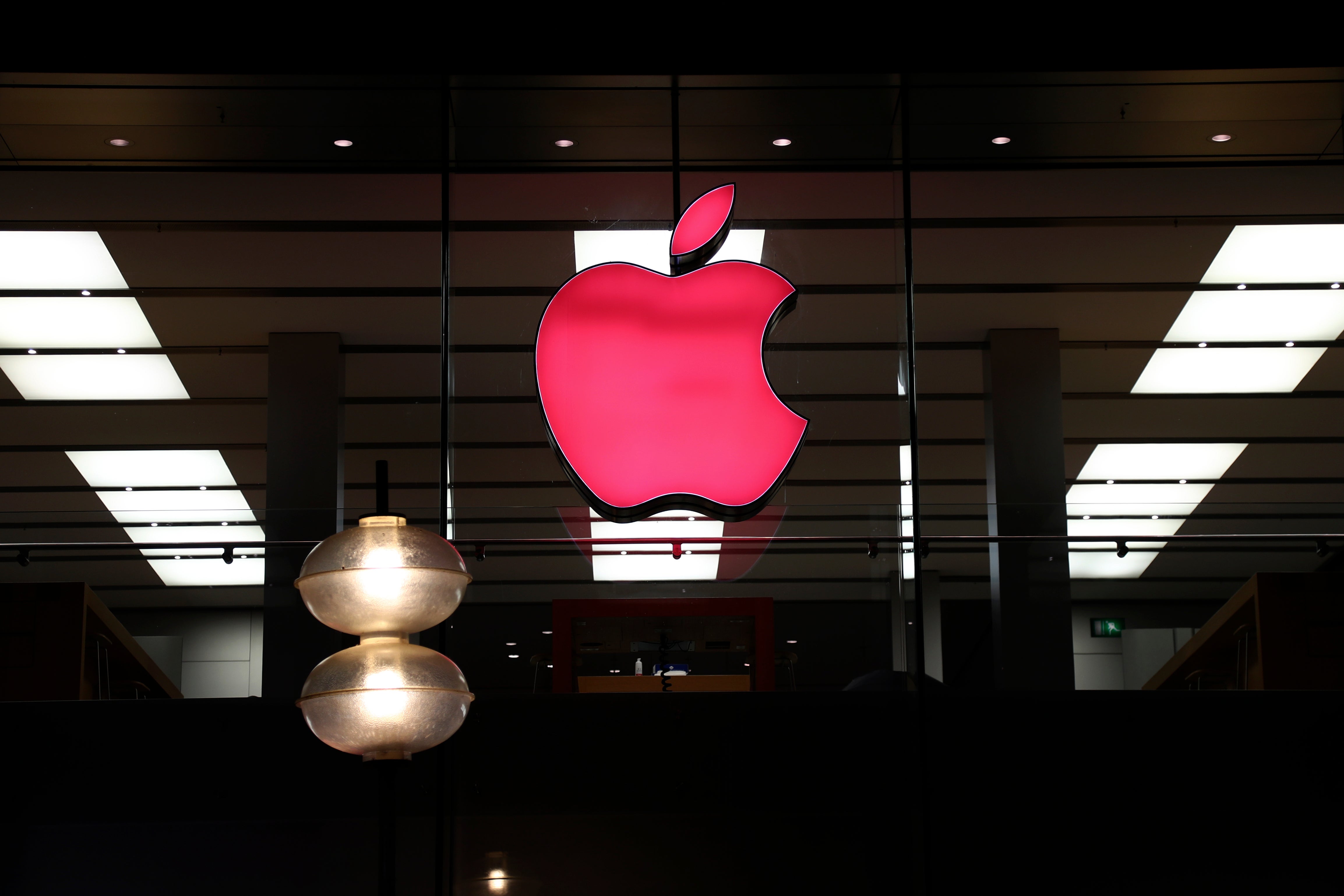Can Apple’s driverless car transform our roads? Unlikely – and this is why
Driverless cars could improve road safety but people find the idea of driverless prangs a lot more troubling than the ones involving fallible humans, which should worry Apple execs


Driverless cars, eh. They’re one of those sci-fi concepts, which today’s tech execs saw in the movies and thought: ‘One day we’re going to do that. We’re going to create a world where two tonne petrol powered monsters that sometimes turn into killing machines are replaced with the soft hum of electrically powered robo-cars. Like the ones in the future LA of Demolition Man before Wesley Snipes arrives to create the sort of chaos that delivers a Hollywood hit. Safe, clean and super-profitable for us.’
Reports from Silicon Valley suggest Apple is going to make it happen. As soon as 2024.
Of course, the biggest problem with any venture involving vehicles is that they take a terribly long time to become profitable, let alone super-profitable. And that’s if they even make it into black. They’re usually money pits, voracious dollar consuming monsters. Just ask officials in Detroit, where tens of billions of pounds have been spent on driverless cars, with little to show for it.
Sure, Elon Musk’s Tesla has made it into the S&P 500. But it was founded in 2003 and has only this year become sustainably profitable. Its numbers are flattered quite a bit via its sale not of its electrically powered vehicles but of carbon credits.
Apple’s Project Titan, the reported moniker for the tech giant’s plan to develop electrically powered driverless cars, is aptly named. Titanic is an adjective analysts could be tacking on to “failure” if this doesn’t work out as intended.
But maybe not. Apple has had its toes in these waters since 2014 and the effort has been a bit, shall we say, stop-start. However, the widely reported target, as well as news of a battery with greater range than previously seen, suggests it’s serious this time. The company has vast resources at its disposal, quite enough to carry through any project to a conclusion. The target date is key. Executives don’t like missing them, although the pandemic may ultimately push this one back a bit.
Perhaps the bigger problem is that while the consumer has been getting on board with electric cars, their appetite for making them driverless isn’t quite so strong.
Could Apple change that, too? One of this company’s greatest skills has been its ability to convince us to buy products we never knew we needed and to pay a significant premium over cheaper alternatives when they become available.
There were plenty of people who were sceptical about the iPad when it was launched. I saw it described as a bigger iPhone that you couldn’t make calls from. That scepticism didn’t last long.
AirPods? Apple’s lost its touch, said one of the reviews I read concerning the first iteration. They sound okay. But those white stalks coming out of your ears? They look crap. The late Steve Jobs would never countenanced such a dismal design. Oh ye of little faith. The fact that they still fall out of people’s ears – and yes, even the fancy pro versions do that – has done nothing to stem the profitable tide.
The trouble with a driverless car is that it’s a lot bigger and a lot more complex than a couple of bits of plastic surrounding a bluetooth receiver, a silicon chip and some miniature speakers.
The consequences of one going wrong are also a lot more serious than realising you’ve lost two hundred and fifty quid because one of your AirPod Pros chose to work its way free at the exact moment you were stepping over a drain.
There were 1,752 reported road deaths last year and 153,158 other casualties. The forecasts suggest that driverless cars could substantially cut those numbers. And yet people find the idea of driverless prangs a lot more troubling than the ones involving fallible humans.
Legislators are understandably nervy despite the prospect of much, much safer roads. Perhaps it’s because one way in which humans beat machines every time is in the creation of Catch-22 situations. Consider: the child runs out in front of you and your only option is to a) hit them or b) swerve and hit someone else. You’ve got a split second. What do you do? What does the machine do? These situations are mercifully quite rare. And can a machine be faulted for a child running into the road?
Trouble is that’s the sort of thing that inevitably gets lost in the middle of a PR storm and PR is something big tech isn’t very good at. Electric cars are here to stay. Driverless? I think 2024, if the reports are correct, is wildly optimistic but Apple has proven doubters wrong before.
Join our commenting forum
Join thought-provoking conversations, follow other Independent readers and see their replies
Comments
Bookmark popover
Removed from bookmarks